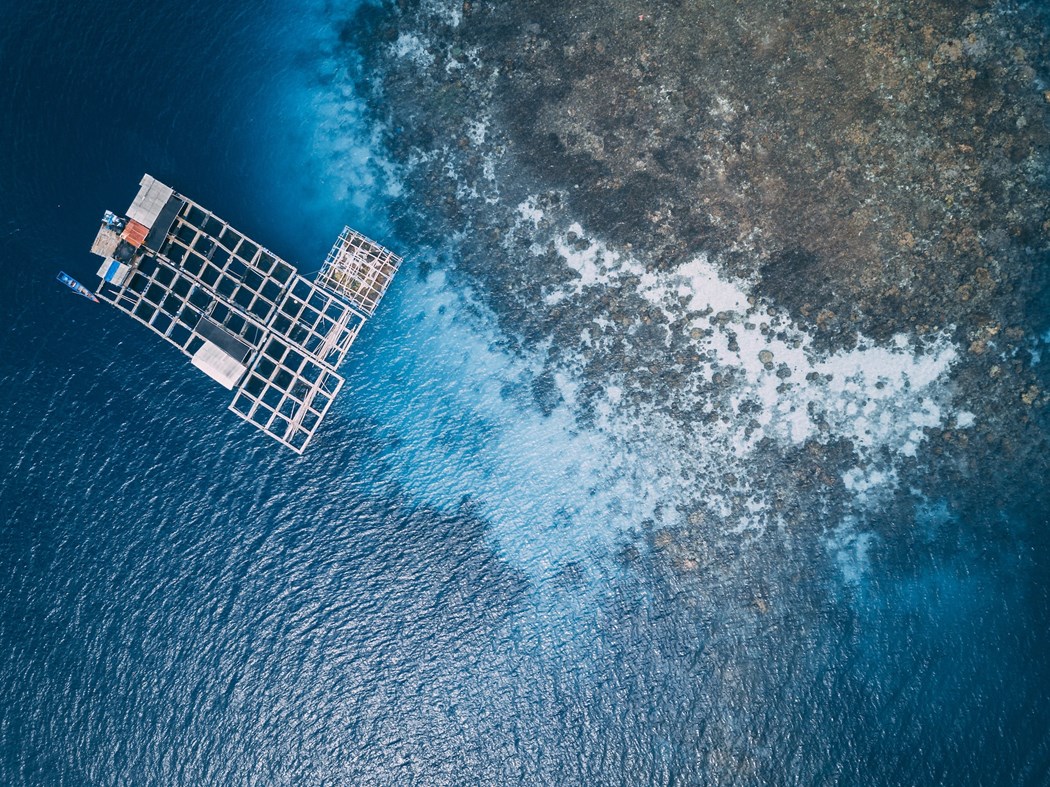In the process, we identified the energy reduction potential and energy maturity level of all Nutreco sites. We saw a significant drop in 2020 vs. 2019 in scope 2 electricity usage due to a stepped-up commitment to source renewable electricity. However, the increase in absolute emissions in scope 1 and 2 during 2021 was a wake-up call for the need to put in place a more systematic approach to reduce our emissions.
As a result, we have developed a mapping exercise and prioritised focus areas for energy efficiency projects to be executed between 2022 and 2025. As we complete these energy efficiency projects, we expect to achieve significant CO2-equivalent emission reductions and reach our reduction targets in a timely way.
During 2021, Nutreco fully embraced our OE programme, with 15 plants taking part in its first wave. We initiated a broad range of projects to lift the performance of our factories in terms of productivity and energy efficiency. The long-term goal of the OE programme is to establish a structured method of problem-solving and focus on continuous improvement.
In 2021, Trouw Nutrition invested in several solar panel projects. It is also continuing to engage in sustainable transport initiatives, investing in new and more efficient trucks, implementing intermodal transport in the Netherlands, and launching a new Digital Transport Management System. In 2022, we will roll this Digital Transport Management System out worldwide.
We will continue to work on projects to renew our forklift fleet from gas to electric power, build a 100% green energy factory in Canada and replace boilers with lower or zero carbon emissions equipment.
All Skretting sites put a high focus on improving energy efficiency in 2021. We are proud that 70% of our factories reduced specific energy consumption compared to 2020, and 87% of our plants reduced kg CO2-eq/tonne. This is a result of continuous work on energy savings, switching to green energy sources and raising energy efficiency awareness among employees.
Key initiatives in 2021 included Skretting Spain covering its warehouse roof with sufficient solar panels to provide energy for the base load demand of the plant, and Skretting Chile working to lower its CO2-eq emissions by establishing an agreement to purchase green energy from StatKraft, with zero impact on the environment. At the same time, a dryer improvement project at the company’s Vancouver plant and a grinding upgrade project in France led to more efficient processes that have directly translated to large cost savings and sustainability gains (5% and 4% of specific energy consumption reduction in Vancouver and St. Herve, respectively).
Nutreco’s Global Operations teams will continue to support our businesses in making improvements to their energy management systems, implementing best practices and increasing our energy efficiency knowledge.

